Alcohol and emotions
Mental Health: Effects of Alcohol on the Brain
Regular, heavy drinking interferes with chemicals in the brain that are vital for good mental health. So while we might feel relaxed after a drink, in the long run alcohol has an impact on mental health and can contribute to feelings of depression and anxiety, and make stress harder to deal with.
How alcohol affects our brain chemistry
The brain relies on a delicate balance of chemicals and processes. Alcohol is a depressant, which means it can disrupt that balance, affecting our thoughts, feelings and actions – and sometimes our long-term mental health. This is partly down to neurotransmitters, which are chemicals that help to transmit signals from one nerve (or neuron) in the brain to another.
For example, the relaxed feeling we can experience if we have a drink is due to the chemical changes alcohol has caused in the brain. A drink can make some people feel more confident and less anxious, as the alcohol begins to suppress the part of the brain associated with inhibition.
As we drink more, the impact on our brain function increases. And regardless of the mood we’re in, with increasing alcohol consumption, it’s possible that negative emotions will take over, leading to a negative impact on mental health. Alcohol can be linked to aggression and some people report becoming angry, aggressive, anxious or depressed when they drink.
Alcohol and anxiety
For someone experiencing anxiety, a drink might help them feel more at ease, but this feeling is short-lived. The so-called ‘relaxed’ feeling somebody may say they experience after having a drink is due to the chemical changes alcohol causes in the brain. But these effects wear off fast. Relying on alcohol to mask anxiety could also lead to a greater reliance on it to relax. A likely side-effect of this is the increased risk of building up a tolerance to alcohol. Over time you will need to drink more alcohol to get the same feeling. And, in the medium to longer term, this pattern often leads to alcohol dependence.
As we process alcohol, we can begin to experience psychological symptoms, such as feeling depressed, anxious or agitated.
Feelings of anxiety can happen with a hangover, too. For some, these feelings are barely noticeable. But if anxiety is already an issue, the hangover effect can make those symptoms worse.
Drinking alcohol can also make a person feel more anxious in certain situations. When we drink, we don’t always respond to all the cues around us. If we’re prone to anxiety and notice something that could be interpreted as threatening in the environment, there is a tendency to focus on that and miss the other less threatening - or neutral - information.
To reduce stress or anxiety without alcohol, try exercise or relaxation methods, such as meditation or yoga. Or try breathing techniques when you feel worried or anxious. Talking to somebody you know about how you’re feeling is also a positive thing to do.
Drinking & depression: a vicious cycle
Drinking heavily and regularly is associated with symptoms of depression, although it can be difficult to separate cause and effect.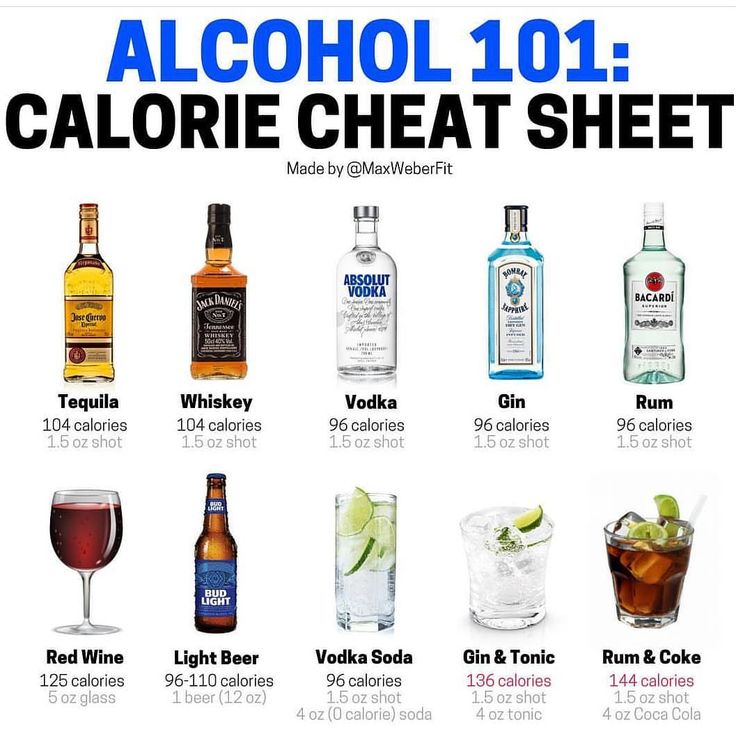 This means it’s not always clear whether drinking alcohol causes a person to experience symptoms of depression. What we do know is that alcohol affects several nerve-chemical systems within our bodies which are important in regulating our mood.2 Studies show that depression can follow on from heavy drinking.3 And that reducing or stopping drinking can improve mood.4,5,6,7,8
This means it’s not always clear whether drinking alcohol causes a person to experience symptoms of depression. What we do know is that alcohol affects several nerve-chemical systems within our bodies which are important in regulating our mood.2 Studies show that depression can follow on from heavy drinking.3 And that reducing or stopping drinking can improve mood.4,5,6,7,8
Medications prescribed for depression should not be mixed with alcohol.9 Some commonly prescribed anti-depressants tend to increase the risk of relapse to heavy drinking in people who are trying to cut down or abstain from alcohol, so antidepressants should be only taken with great caution and only when prescribed by your doctor.10,11,12
Alcohol is linked to suicide, self-harm and psychosis
Alcohol can cause people to lose their inhibitions and behave impulsively, so it can lead to actions they might not otherwise have taken – including self-harm and even suicide.![]() 13 There is a strong association between drinking heavily (either chronic or acute alcohol misuse) and suicidal thoughts, suicide attempts, and death from suicide.
13 There is a strong association between drinking heavily (either chronic or acute alcohol misuse) and suicidal thoughts, suicide attempts, and death from suicide.
Extreme levels of drinking (such as drinking more than 30 units per day for several weeks) can occasionally cause psychosis, which is a severe mental illness where hallucinations and delusions – of persecution, for example – occur. Psychoses can be caused by both acute intoxication and withdrawal, and can be more common in cases when drinkers who are dependent on alcohol suddenly stop drinking.
If you’re experiencing feelings of distress or despair, including those which could lead to suicide, Samaritans provides confidential, non-judgemental emotional support, 24 hours a day. You can call them on 116 123 or email them at [email protected]. It is best to call them when you are able to have a conversation and have not been drinking.
Call Samaritans
Staying in control
The UK’s Chief Medical Officers advise that, in order to keep the health risks from alcohol to a low level, men and women should not regularly drink more than 14 units a week.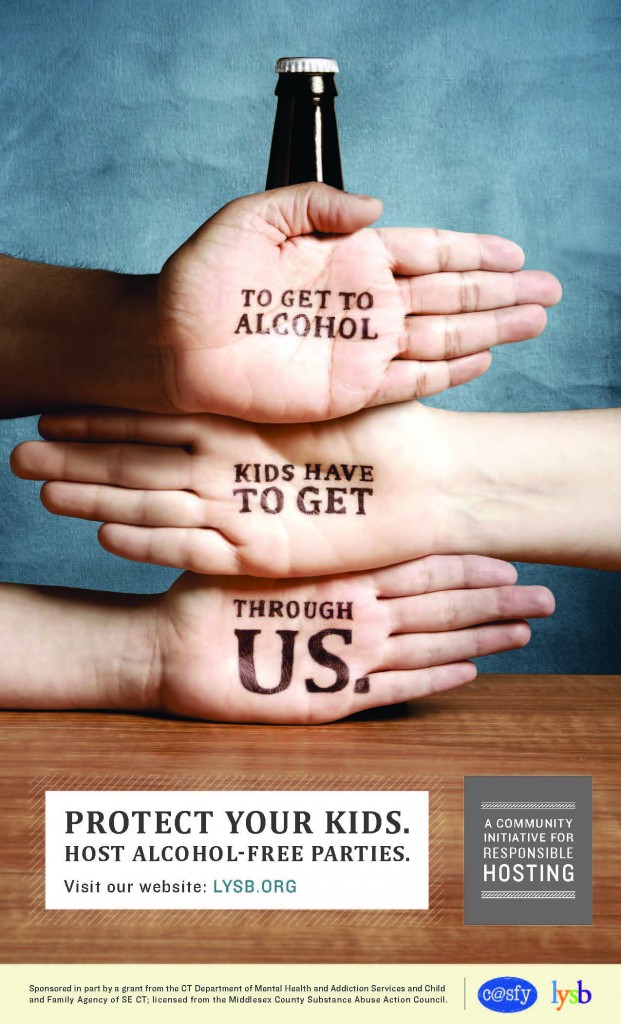
14 units is equivalent to six pints of average strength beer or six medium (175ml) glasses of average strength wine.
If you regularly drink as much as this, it’s safest to spread your drinking evenly over three or more days. The risk of developing a range of serious mental and physical health problems increases the more you drink on a regular basis.
A good way to cut down the amount you drink is to have several drink-free days each week. And avoid binge drinking.
Alcohol support services
If you are concerned that you or someone you care about has a problem with alcohol there is a lot of help available. Here you can find useful links and phone numbers to get the support you need.
Support services
Alcohol dependence Worried about someone else's drinking How to spot your triggers How to stop drinking alcohol completely
Was this information helpful?
References
[1]
The Royal College of Psychiatrists. Alcohol and Depression.
Alcohol and Depression.
[2] Sari, Y. (2017). Commentary: Targeting NMDA receptor and serotonin transporter for the treatment of comorbid alcohol dependence and depression. Alcoholism, Clinical and Experimental Research, 41(2), 275.
[3] Boden, J.M. and Fergusson, D.M. (2011). Alcohol and depression. Addiction, 106(5), 906-914.
[4] Cordovil De Sousa Uva, M., Luminet, O., Cortesi, M., Constant, E., Derely, M. and De Timary, P. (2010). Distinct effects of protracted withdrawal on affect, craving, selective attention and executive functions among alcohol-dependent patients. Alcohol and Alcoholism, 45(3), 241-246.
[5]
Craig, M., Pennacchia, A., Wright, N.R., Chase, H. W. and Hogarth, L. (2011). Evaluation of un-medicated, self-paced alcohol withdrawal. PloS One, 6(7).
W. and Hogarth, L. (2011). Evaluation of un-medicated, self-paced alcohol withdrawal. PloS One, 6(7).
[6] Potamianos, G., Meade, T.W., North, W.R.S., Townsend, J. and Peters, T.J. (1986). Randomised trial of community-based centre versus conventional hospital management in treatment of alcoholism. The Lancet, 328(8510), 797-799.
[7] Shaw, G.K., Waller, S., Latham, C.J., Dunn, G. and Thomson, A.D. (1998). The detoxication experience of alcoholic in-patients and predictors of outcome. Alcohol and Alcoholism, 33(3), 291-303.
[8]
Driessen, M., Meier, S., Hill, A., Wetterling, T., Lange, W. and Junghanns, K. (2001). The course of anxiety, depression and drinking behaviours after completed detoxification in alcoholics with and without comorbid anxiety and depressive disorders.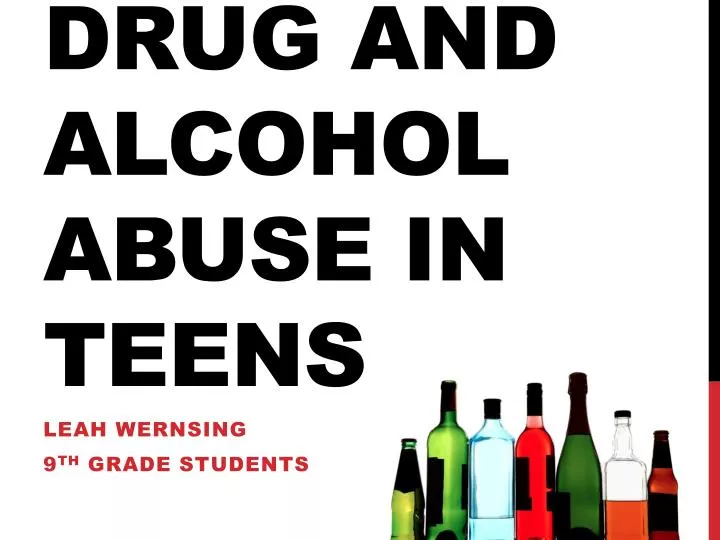 Alcohol and Alcoholism, 36(3), 249-255.
Alcohol and Alcoholism, 36(3), 249-255.
[9] British National Formulary, Section 4.3 BMJ Group and RPS Publishing.
[10] Charney, D.A., Heath, L.M., Zikos, E., Palacio-Boix, J. and Gill, K.J. (2015). Poorer Drinking Outcomes with Citalopram Treatment for Alcohol Dependence: A Randomized, Double‐Blind, Placebo‐Controlled Trial. Alcoholism: Clinical and Experimental Research, 39(9), pp.1756-1765.
[11] Kranzler, H.R., Burleson, J.A., Korner, P., Del Boca, F.K., Bohn, M.J., Brown, J. and Liebowitz, N. (1995). Placebo-controlled trial of fluoxetine as an adjunct to relapse prevention in alcoholics. The American Journal of Psychiatry, 152(3), 391–397.
[12]
Chick, J. (2019).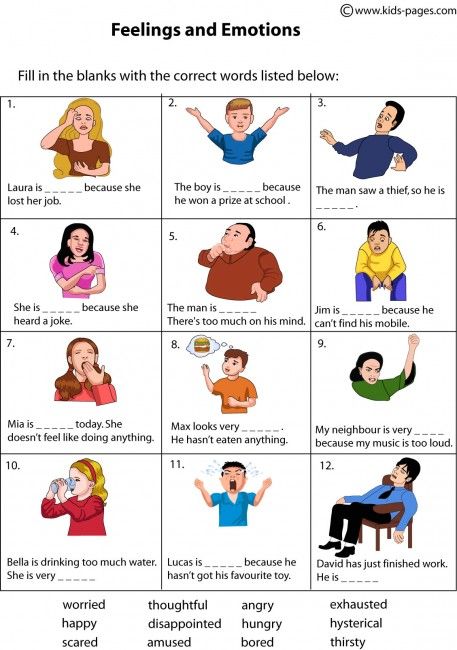 Unhelpful prescribing in alcohol use disorder: risk and averting risk. Alcohol and Alcoholism, 54(1), 1-4.
Unhelpful prescribing in alcohol use disorder: risk and averting risk. Alcohol and Alcoholism, 54(1), 1-4.
[13] The Royal College of Psychiatrists. Alcohol and Depression.
[14] Edwards, A.C., Ohlsson, H., Sundquist, J., Sundquist, K. and Kendler, K.S. (2020). Alcohol use disorder and risk of suicide in a Swedish population-based cohort. American Journal of Psychiatry
Newsletter
Tips to change your relationship with alcohol
How Does Alcohol Affect You Emotionally?
KEY TAKEAWAYS
Alcohol affects you emotionally by:
- Initially causing an increase in dopamine and serotonin, lowering anxiety and increasing feelings of happiness [55]
- Later, causing negative emotions such as anger, anxiety and depression [56]
- Negatively impacting pre-existing mental health conditions such as anxiety, depression and post traumatic stress disorder [58]
- Causing addiction by increasing Gamma aminobutyric acid (GABA) levels in the brain [57]
Alcohol initially has a positive effect on emotions, increasing confidence and providing stress and anxiety relief [1].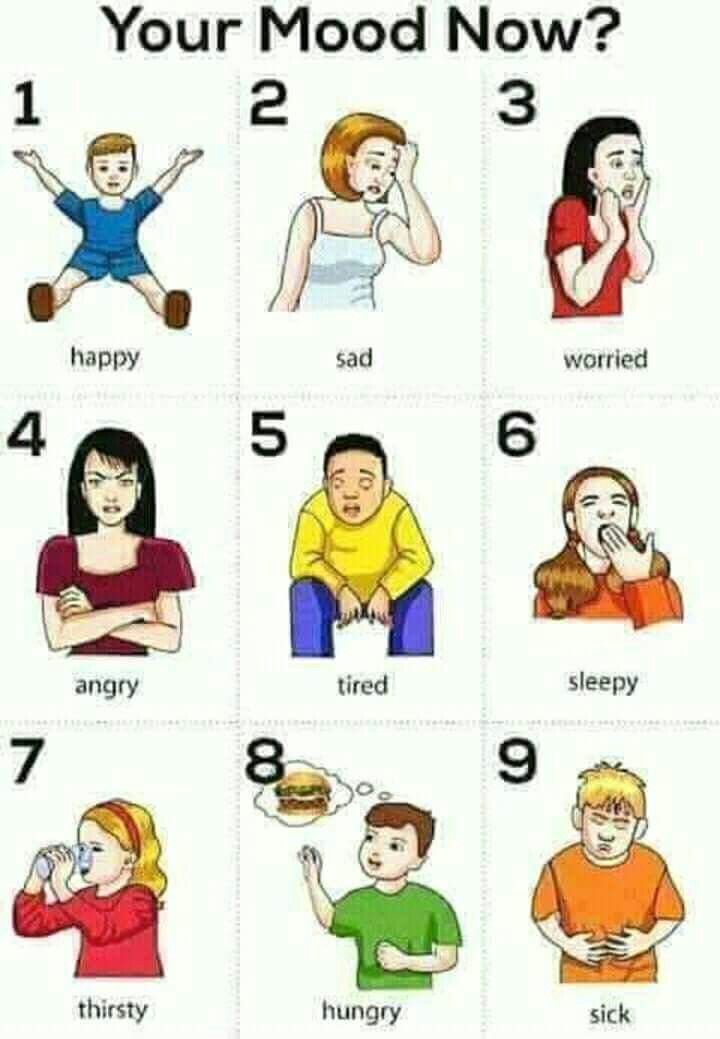
Conversely, long term alcohol use causes depression, anger and anxiety [2].
Mental & Emotional Effects Of Alcohol
- Depression - alcohol is a depressant as it disrupts neurotransmitter balance, resulting in negative feelings and depression [3]
- Lowered inhibitions and increased confidence (short term) - Marczinski et al in 2005 found inhibitions were lowered in participants after a dose of 0.45g of alcohol [4]
- Impaired judgement - Brevers et al [5] found that participants consuming alcohol displayed poorer decision making skills in comparison to sober participants
- Anger - alcohol was found to be a factor in 39% of violent crimes in England [6]
- Anxiety - alcohol is used to reduce feelings of anxiety, but actually increases it, especially when suffering with a hangover [7]
Alcohol, Emotions, & Pre-Existing Mental Health Issues
Alcohol consumption while suffering from a mental health disorder causes difficulty maintaining abstinence, and may increase the risk of attempted suicide [8].
Of an estimated 589,000 people who are dependent on alcohol in the UK, around a quarter have a pre-existing mental health condition [9].
The effects of drinking can mimic disorders such as antisocial personality disorder, as both cause aggressive behaviour, sadness and irritability [10].
Specific Mental Health Conditions, Emotions, And Alcohol
Anxiety
Marsh et al found that anxiety decreased after alcohol consumption, but increased the day after drinking, which is linked to an increased risk of alcohol use disorder [11].
Alcohol consumption increases gamma aminobutyric acid (GABA) levels, resulting in short term feelings of calm.
However, the brain becomes reliant on alcohol (nerve receptors become habituated) leading to the need to consume increasing amounts of alcohol to maintain the same emotional state [12].
Depression
Wu et al found that participants with childhood depression were twice as likely to abuse alcohol in later life [13].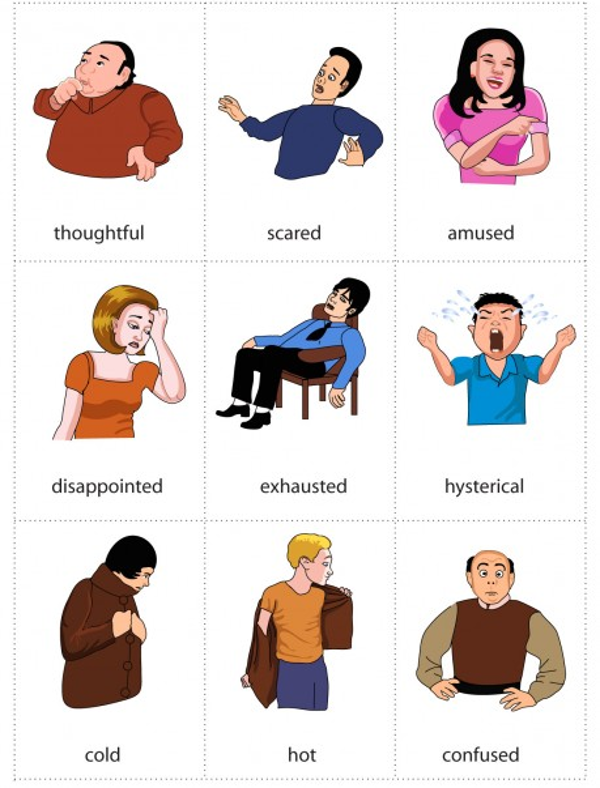
Alcohol also lowers the effectiveness of antidepressants, worsening symptoms of depression, resulting in users relying even more on alcohol [14].
The National Institutes of Health Clinical Centre found that alcohol breaks down serotonin faster than in non drinkers, leading to depression [15].
Post Traumatic Stress Disorder
Brooks Holliday et al found that post traumatic stress disorder causes alcohol misuse amongst veterans [16].
PTSD causes an increase in alcoholism for its sufferers, women being 2.5 times more likely and men being 2 times more likely to develop both disorders concurrently [17].
A theory proposed by Khantzian is that individuals with PTSD self medicate using alcohol to numb symptoms of PTSD [18].
Using Alcohol To Manage Emotions
Thomas, Thevos and Randall found that 23% of patients being treated for alcoholism also suffered from social anxiety, which only affects 7% of non drinkers, suggesting a correlation between the two.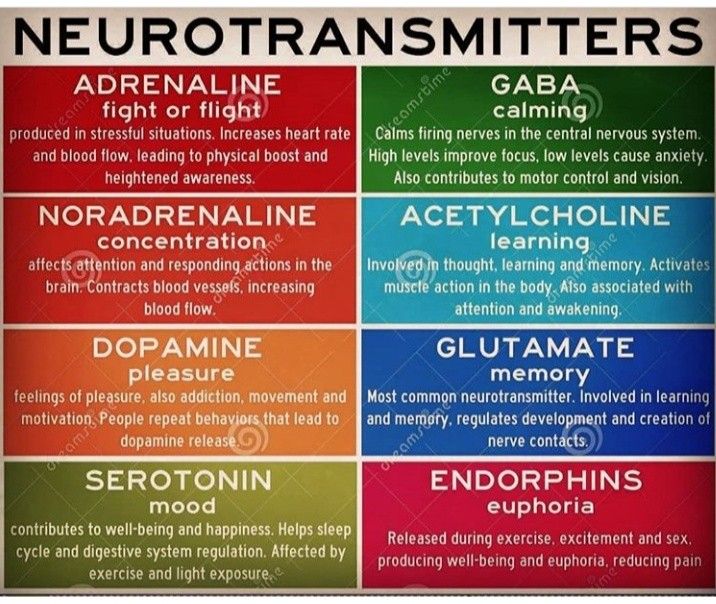
Social anxiety sufferers use alcohol to avoid physical symptoms, such as sweating and heart palpitations [19].
Alcohol, Emotions And The Cycle Of Addiction
The cycle of addiction has three stages, each affecting the emotions differently.
The stages may occur from over the course of weeks or month to several times a day:
1
Intoxication - Causing short term euphoria whilst reducing worry and easing social interactions2
Withdrawal - Previous positive emotions are replaced by dysphoria, irritability, nervousness and depression3
Anticipation - Users are now dependent on alcohol for positive emotions and experience restlessness about acquiring alcohol [20]
During this emotional cycle, the brain becomes addicted to the reward chemicals it gets from alcohol.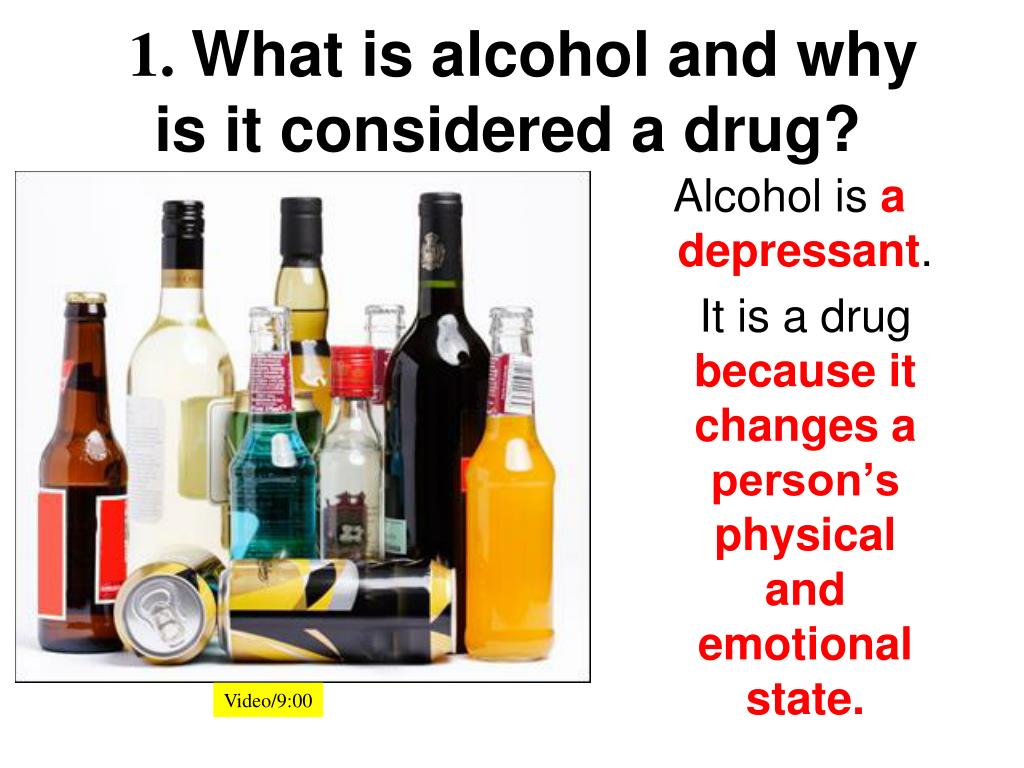
Alcohol also suppresses self-generated neurotransmitters being produced in the brain, meaning alcohol is now required by the brain to function correctly, causing constant cravings [21].
Unintended Effects Of Alcohol On Emotions
Alcohol acts as a disinhibitor, weakening neurotransmitters (GABA) that restrain against impulsive and dangerous behaviours, such as aggression [22].
The disinhibiting effect of alcohol also causes the user to be less concerned about consequences of actions, e.g. legal and physical repercussions of violence.
Alcohol is involved in 50% of all violent crimes in the UK [23].
Alcohol causes depression, and is a factor in 43% of suicides [24].
Does Alcohol Make You Sad?
Short-term, alcohol causes excess free dopamine and serotonin[3], resulting in feelings of happiness during intoxication, but increased feelings of sadness during hangover.
Why Does Alcohol Bring Out Emotions?
Increased emotions when drinking alcohol are due to:
- Reduced inhibition, via downregulation of GABA [59]
- Reduced ability to read social cues, via suppression of amygdala activity [60]
- Reduced quality of decision making [61]
Does Alcohol Cause Mood Swings?
During active drinking, alcohol drives both excess and deficiencies in multiple neurotransmitters [62].
However, during hangover, the brain must redress these balances by downregulating and upregulating production of neurotransmitters, and the number of receptor sites.
During this normalisation period, the corresponding lows and highs in available neurotransmitters which regulate mood activity, will cause mood swings.
Emotional Effects Of Alcohol In Long Term Addiction
Long term alcoholics stop experiencing the same positive feelings as casual drinkers, and either start to experience negative emotional effects, or develop tolerance [25].
O'Daly et al found that alcoholics struggle to process emotional responses of others, exacerbating social isolation, and further dependence on alcohol [26].
An alcoholic's personality will alter when their drinking continues for long periods of time, as they become dependent on alcohol and require it to function [27].
Effects on the personality of long term drinkers include:
- Changing priorities, ignoring other life responsibilities, such as work, relationships and children, and only focusing on alcohol [28]
- Becoming defensive or blaming outside stresses, such as jobs, partners or money worries, for excessive drinking [29]
- Reckless or dangerous behaviour.
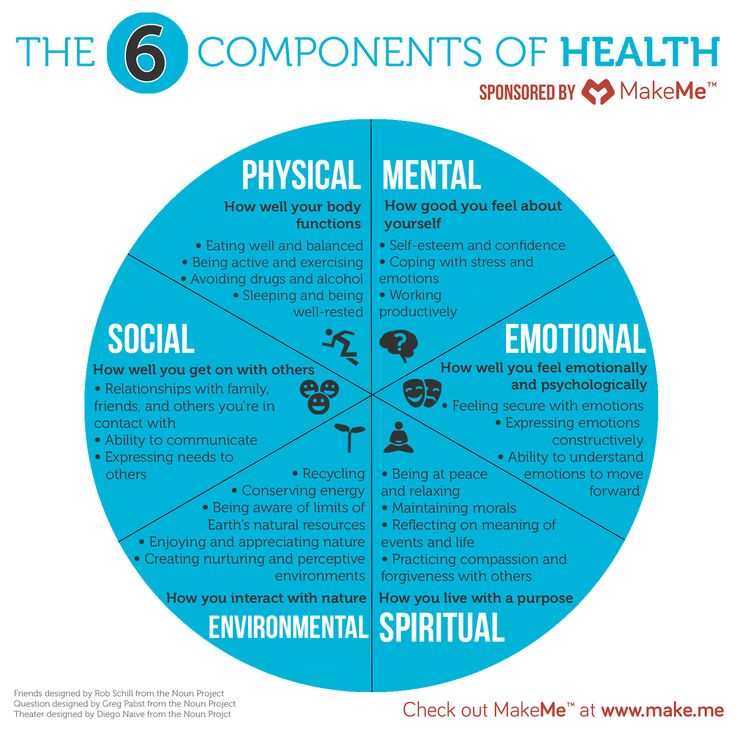 Korlakunta et al found a link between alcohol use and high risk behaviours, such as sexual acts, violence and criminal behaviour [30]
Korlakunta et al found a link between alcohol use and high risk behaviours, such as sexual acts, violence and criminal behaviour [30] - Being manipulative to hide the problem, using behaviours such as playing the victim, attempting to control those around them, and guilt tripping when confronted [31]
- Aggressive and violent behaviour, The World Health Organisation estimates that around 55% of domestic abuse perpetrators were abusing alcohol beforehand [32]
Those At Greater Risk Of Emotional Reaction To Alcohol
The Ethnicity and Alcohol Review in 2010 states that ethnic groups such as women from South Asian ethnic groups are being reported as having higher rates of alcohol use, which as they are expected to be abstinent, indicates drinking alcohol as a result of negative emotions and becoming hidden drinkers [33].
Ashton et al surveyed a group of drinkers to ascertain their emotional response to alcohol, with the exception of aggression, women reported experiencing more emotional responses than men, with 18-24 year olds reporting the most emotions when drinking [34].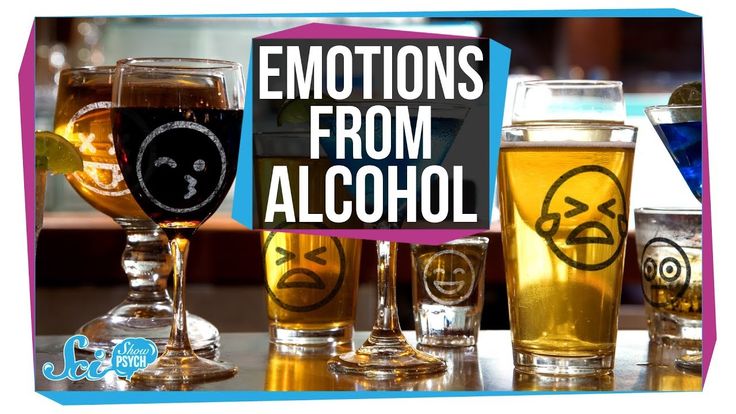
Emotional Response Relative To Alcohol Intake Level
Emotions, Alcohol, & Addiction Treatment
Recovering alcoholics experience turbulent emotions as the body attempts to normalise levels of serotonin and dopamine, regulating mood [37].
Combined with the loss of emotional numbing that alcohol provides, and negative emotional effects of withdrawal, addiction treatment may cause an increase in negative emotional effects.
When going through treatment, alcoholics may experience dry drunk syndrome, which has similar symptoms to active drinking [38].
If alcohol addiction begins as a way to cope with unmanaged emotions, these emotions will return during recovery, as well as other emotional side-effects resulting from alcoholism itself [39].
Extremes Of Emotional Response To Alcohol
Ness et al found that alcohol was involved in 58.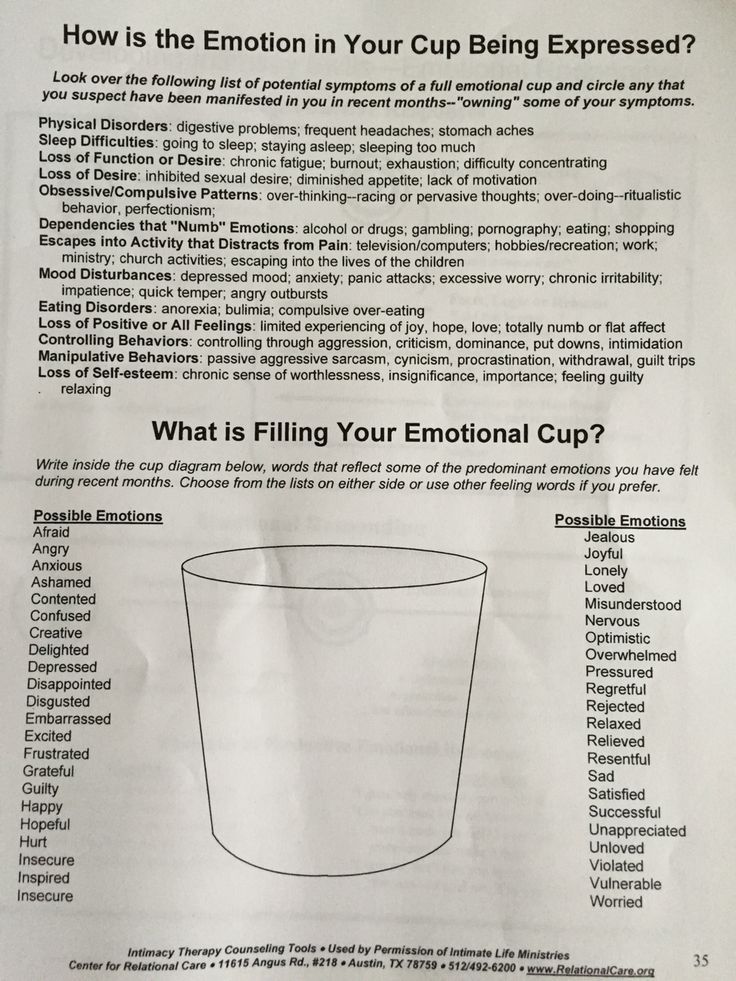 4% of self harm cases in England [40].
4% of self harm cases in England [40].
Larkin et al found that alcohol consumption causes self harm cases, as well as suicidal attempts and acts [41].
Drinking may cause an increase in impulsive behaviour, as well as releasing pent up emotions, causing the desire to want to self harm or commit suicide [42].
Melson et al, in a study of 1546 adults, found that from those who self harmed, frequent heavy drinking was a factor in 95% of cases [43].
Emotional Response To Alcohol vs Other Substances
Substances such as cocaine or amphetamines are classed as stimulants, as they increase blood pressure and heart rate, as well as causing insomnia, anger or paranoia [44].
Conversely, alcohol is a depressant, causing decreased heart rate and blood pressure, as well as drowsiness [45].
Stimulants increase dopamine levels, causing short-term increased happiness, whereas depressants reduce the function of the central nervous system leading to negative emotional states [46].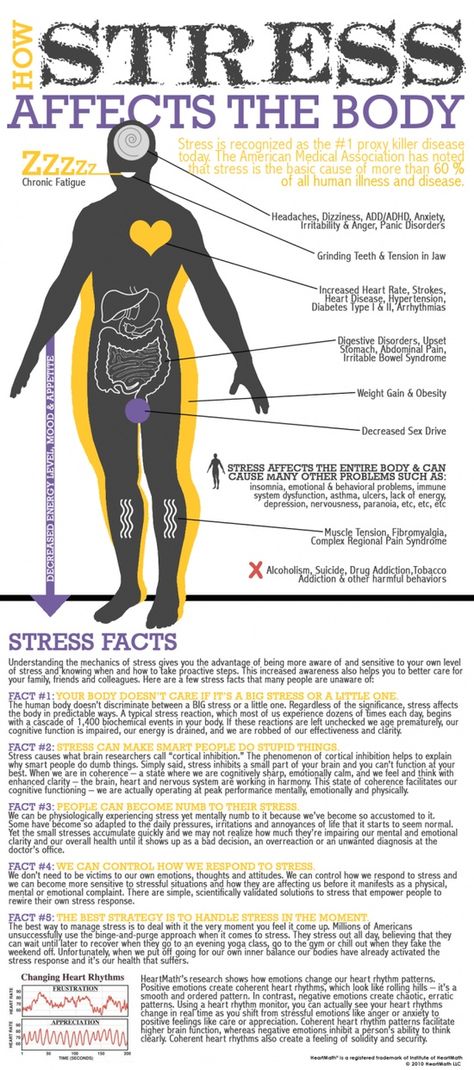
Positive Emotional Responses To Alcohol
Weiss et al found that among 165 students, alcohol use was linked to stressful yet positive situations, such as starting a new job or going on a first date [47].
Research suggests that drinkers see humour appreciation as one of the top benefits of drinking, as well as enjoying social interactions [48].
Geiger et al found that participants were happier when drinking alcohol than not drinking alcohol [49].
Casual drinkers are likely to experience positive emotions as alcohol produces dopamine and serotonin, whereas long term alcohol abuse lowers blood sugar and causes dehydration, resulting in increased negative emotions [50].
Alcohol, Emotions, And The Brain
Alcohol alters the brains' reward pathways, resulting in alcohol cravings, eventually leading to the brain being unable to function without it (alcohol dependence) [51].
Alcohol abuse also affects the hippocampus, the part of the brain that regulates emotions, causing reduced ability to control emotions [52].
When consuming alcohol, gamma aminobutyric acid levels are increased, producing feelings of calm.
With repeated intoxication over time, the brain becomes reliant on alcohol, leading to alcohol abuse disorder [53].
5 interesting facts - HEROINE
Some people feel relaxed and peaceful after a couple of glasses of alcohol, while others become irritable and rude. Alcohol affects our emotions in different ways, and it depends on many factors. From this material you will learn about how alcoholic beverages change our mood.
1. The feeling of relaxation from alcohol depends not only on our perception
The feeling of relaxation after a couple of glasses of wine or beer is familiar to anyone who has ever tasted them. We experience these emotions not only because we associate alcohol with relaxation or a way to calm down.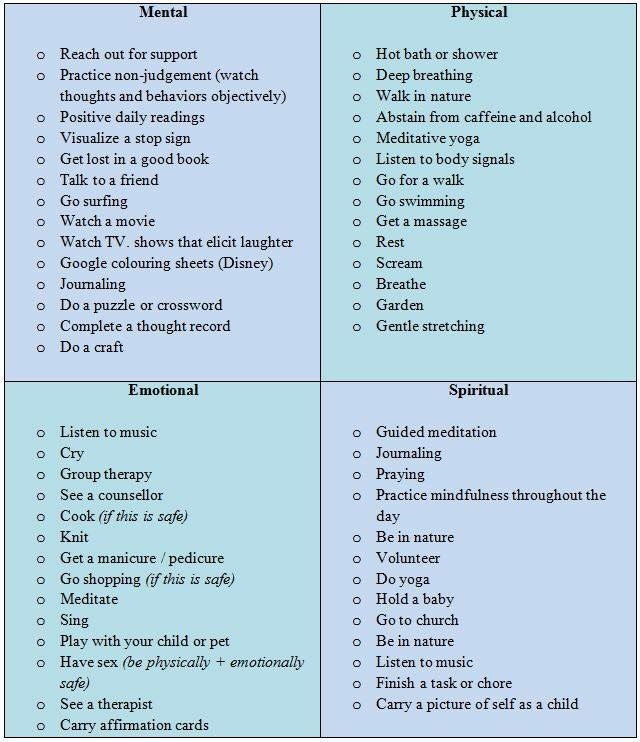 nine0003
nine0003
It's about the drinks. According to a 2021 study in Spain, beer and red wine contain melatonin. It participates in the processes of sleep of the body and relaxation in front of it. Therefore, after drinking a few glasses of wine or beer, we feel relaxed, and we may also begin to yawn and want to sleep.
The results of the Spanish study were also confirmed by an international survey in 2015, in which about 30,000 people took part: 50% of the respondents noted that after beer or wine they feel like sleeping and these drinks bring a feeling of relaxation. nine0004
2. Alcohol can cause or exacerbate anxiety
Drinking alcohol can indeed cause or exacerbate anxiety. This is directly related to its influence on how we process the received information and sensory stimuli.
Yes, a couple of mugs of an alcoholic drink can really create the illusion of confidence and relaxation. This effect is due to chemical changes in the brain: a surge of dopamine, which is responsible for positive emotions.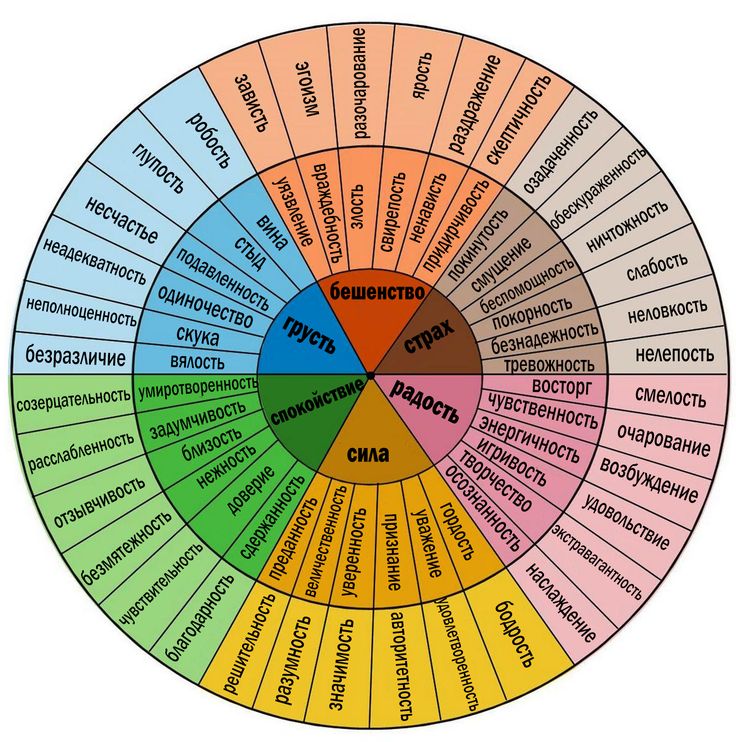 But, unfortunately, it passes quickly enough. nine0004
But, unfortunately, it passes quickly enough. nine0004
Let's mentally fast forward a few hours later, when the effects of the alcohol wear off, or the next morning, especially if it's accompanied by a hangover. This is where we can run into anxiety. The fact is that the body needs to neutralize the sudden surge of the hormone of happiness, and it will be produced less. And when dopamine levels plummet, we experience anxiety, stress, and even guilt.
If drinking becomes addictive, it actually depletes the level of dopamine in our brain. Accordingly, it becomes more difficult for the body to produce it, and we are less likely to feel happy. nine0004
3. The brain of people who abuse alcohol processes emotions differently
According to a study published in the journal Alcoholism: Clinical and Experimental Research, the brain of alcoholics may process emotions differently than the brain of healthy people.
A study was conducted at the Massachusetts General Hospital in the United States that confirmed this information.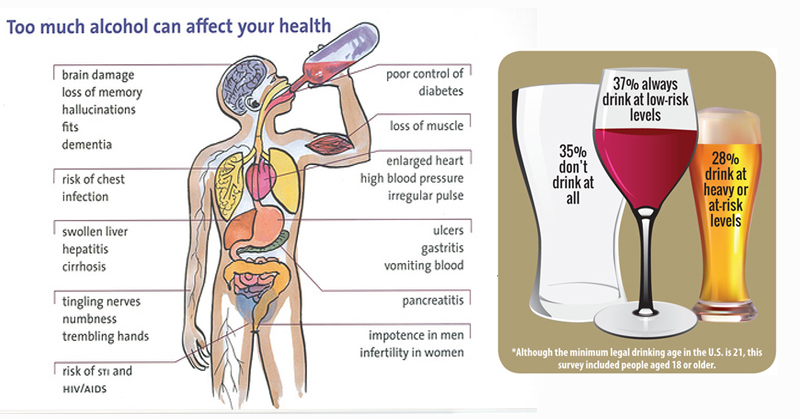 The control group of participants consisted of 30 people, 15 of whom had problems with alcohol dependence, and the other half did not drink strong drinks for a long time. nine0004
The control group of participants consisted of 30 people, 15 of whom had problems with alcohol dependence, and the other half did not drink strong drinks for a long time. nine0004
The researchers showed both control groups photographs of people's faces that expressed joy, sadness, indifference, and other emotions. Instead of determining which feelings the people in the photo were feeling, the study participants were asked to indicate which ones seemed “reasonable.” The goal was to understand how the processing of information and awareness of emotions in alcohol addicts differ from those who do not drink.
Judgments about intelligence differed between the two groups: people with alcohol dependence more often called intelligent faces in photographs that were impassive and calm. They also needed more time to reach their verdict. nine0004
However, when the scientists analyzed where in the participants' brains the facial expressions were processed when they answered the questions, a significant difference immediately became apparent.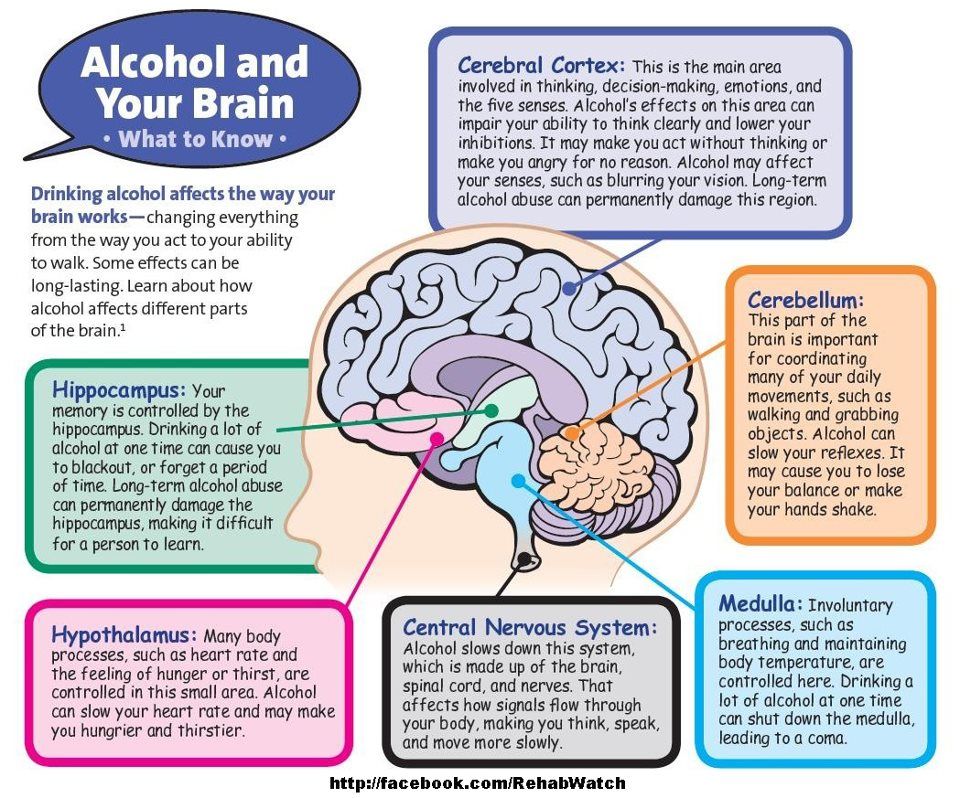 The brains of the healthy control group activated the amygdala, which is responsible for recognizing faces and responding to fear.
The brains of the healthy control group activated the amygdala, which is responsible for recognizing faces and responding to fear.
However, in alcoholics there was very little activity in the amygdala. Instead, in the group with a history of alcohol abuse, the prefrontal cortex showed increased activity. It processes abstract concepts, evaluation of the world and situations, judgments, and other executive functions of our brain. nine0004
These observations led the scientists to speculate that the prefrontal cortex can compensate for the decline in emotion processing in the amygdala. Accordingly, the perception of emotions by people who abuse alcohol differs from those who drink rarely or completely abstain from such drinks.
4. Alcohol can make even a calm person angry
While some people feel relaxed and satisfied under the influence of alcohol, others experience inexplicable irritation and anger. nine0004
According to a review of studies by scientists from Berlin, the results of which were published in 2013, aggression and alcohol intake are directly related.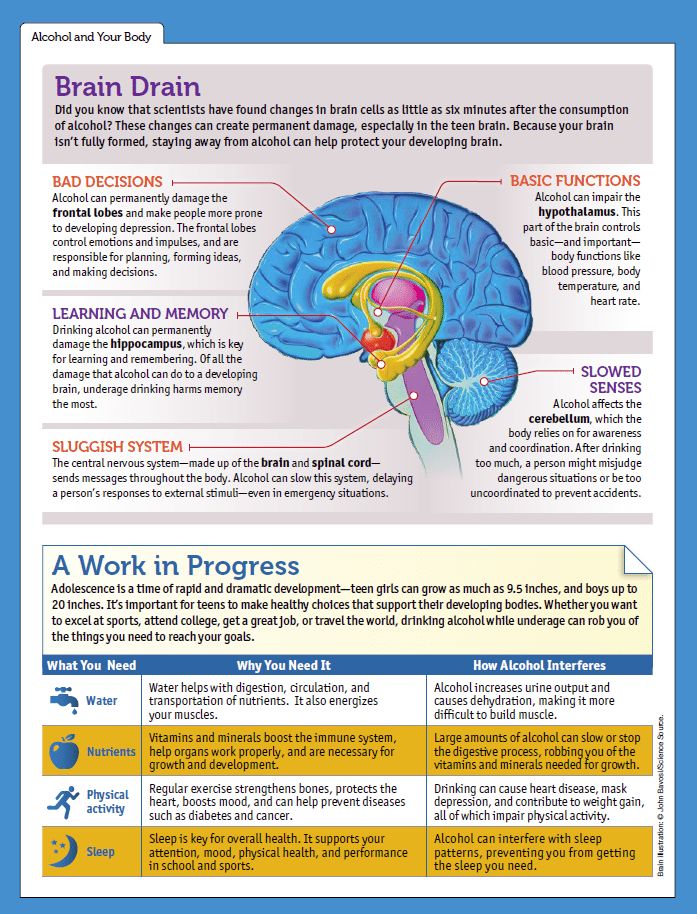 Aggression due to alcohol has neurobiological causes: the brain experiences intoxication, and the work of the subcortical regions is inhibited. Negative life experiences, unexperienced childhood traumas, or unjustified expectations associated with alcohol (for example, when it does not bring the desired relaxation or comfort) also affect the tendency to aggression. That is why even a seemingly calm and balanced person under the influence of alcohol can become angry or irritable. nine0004
Aggression due to alcohol has neurobiological causes: the brain experiences intoxication, and the work of the subcortical regions is inhibited. Negative life experiences, unexperienced childhood traumas, or unjustified expectations associated with alcohol (for example, when it does not bring the desired relaxation or comfort) also affect the tendency to aggression. That is why even a seemingly calm and balanced person under the influence of alcohol can become angry or irritable. nine0004
There is also evidence that a high level of impulsivity and low stress tolerance may increase the tendency to aggressive behavior while intoxicated. People who find it difficult to control their behavior and delay gratification, and those who have trouble controlling and accepting negative emotions, are more likely to become violent after drinking alcohol.
5. Alcohol and depression are closely related
There are two extremes of alcohol use and depression: some people start drinking because of depression, while for others it is a consequence of drinking. nine0003
nine0003
Almost a third of people with clinically documented depression also have a drinking problem, according to WebMD.
This is because alcohol itself is a depressant. There is a high probability that we will experience negative emotions after consuming it.
Alcohol also makes depression medications ineffective, which interferes with treatment.
Read related: Do I drink too much? 6 questions to find out your relationship with alcohol
Add to favorites
Share
Related articles:
Scientists have found out what emotions are caused by different alcohols
Science
close
100%
Consumption of different types of alcohol causes different emotions in people, British researchers have found.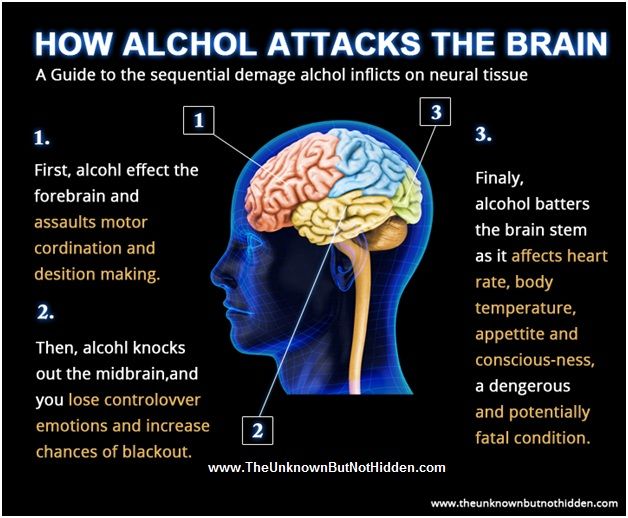 They hope that the findings will be useful in the fight against alcohol addiction. nine0004
They hope that the findings will be useful in the fight against alcohol addiction. nine0004
People often associate the use of alcohol with a change in the emotional background - someone feels more relaxed and peaceful, someone after drinking, on the contrary, is drawn into a fight, for some, alcohol causes bouts of blues and tearfulness. Researchers from Health Wales found out exactly what kind of emotions people experience when drinking certain types of alcohol. The data obtained are supposed to be used in the fight against alcohol addiction. The results were published in the journal BMJ Open .
Researchers analyzed data from the Global Drug Survey, the world's largest online survey of legal and illegal drug and alcohol use among adults. The survey includes items related to alcohol consumption at home and outside and the emotions that beer, wine and other alcoholic beverages evoke.
Scientists have looked at feelings such as arousal, relaxation, sexuality, confidence, fatigue, aggression, soreness, anxiety, and tearfulness. nine0004
nine0004
About 30,000 people aged 18-31 from 21 countries took part in the survey. As the results showed, different alcoholic drinks evoked different feelings in the participants. In particular, strong drinks were more likely to lead to negative emotions.
50% of study participants associated feelings of relaxation with beer. Spirits were found to be the least likely to lead to this feeling - only 20% of participants indicated that gin, vodka or whiskey made them feel relaxed and calm. nine0004
“For centuries, rum, gin, vodka and other spirits have gone hand in hand with violence,” said Professor Mark Bellis, one of the authors of the study. “Research shows that even today they lead to the manifestation of aggression more often than other drinks.”
Almost a third of the participants linked strong alcohol with a tendency to aggression. Participants wanted to cry after drinking strong alcohol in about a quarter of cases. Red wine produced a similar effect in 17% of cases, white wine and beer in 9%.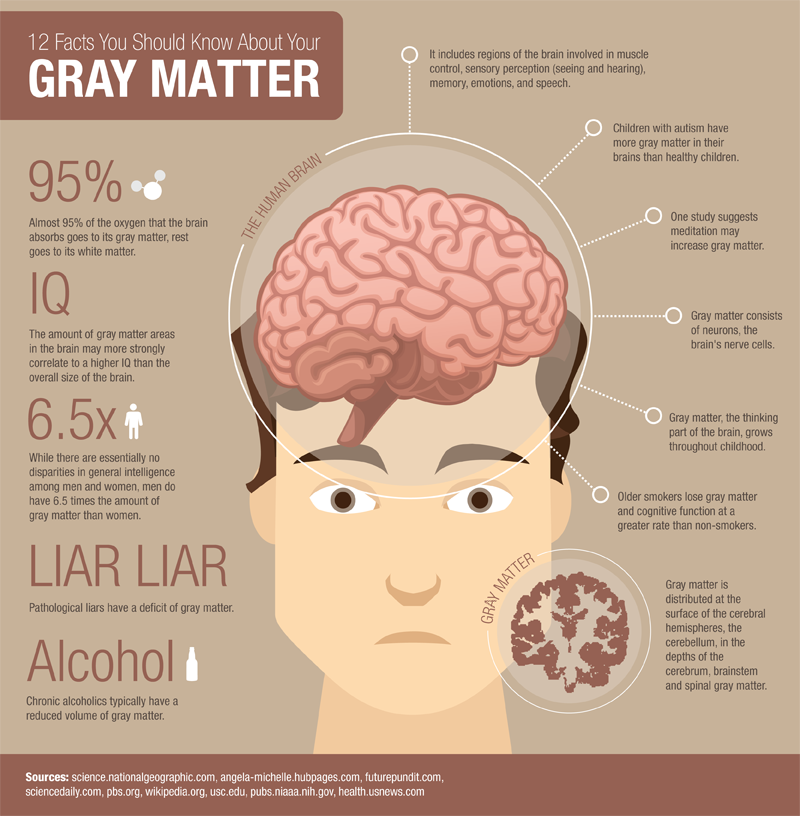 %.
%.
“Gin, rum, vodka and other spirits contain more alcohol and are usually consumed quickly, resulting in high blood alcohol concentrations. In addition, people may drink them specifically to feel drunk, while other alcoholic beverages are more likely to be consumed slowly or with food. A surge in blood alcohol levels reduces the brain's ability to suppress impulsive impulses or think about their consequences, ”explains Bellis. Gin is especially often associated with tearfulness. nine0004
The gender of the participants and the degree of alcohol dependence also influenced the results - women more often associated alcoholic beverages with any emotional states.
However, men, as the researchers note, "are significantly more likely to associate a tendency to aggression with any type of alcohol, and those who suffer from alcohol dependence do so six times more often than others."
In addition, alcoholics were five times more likely to report feeling more energized after drinking any alcohol than non-alcoholics.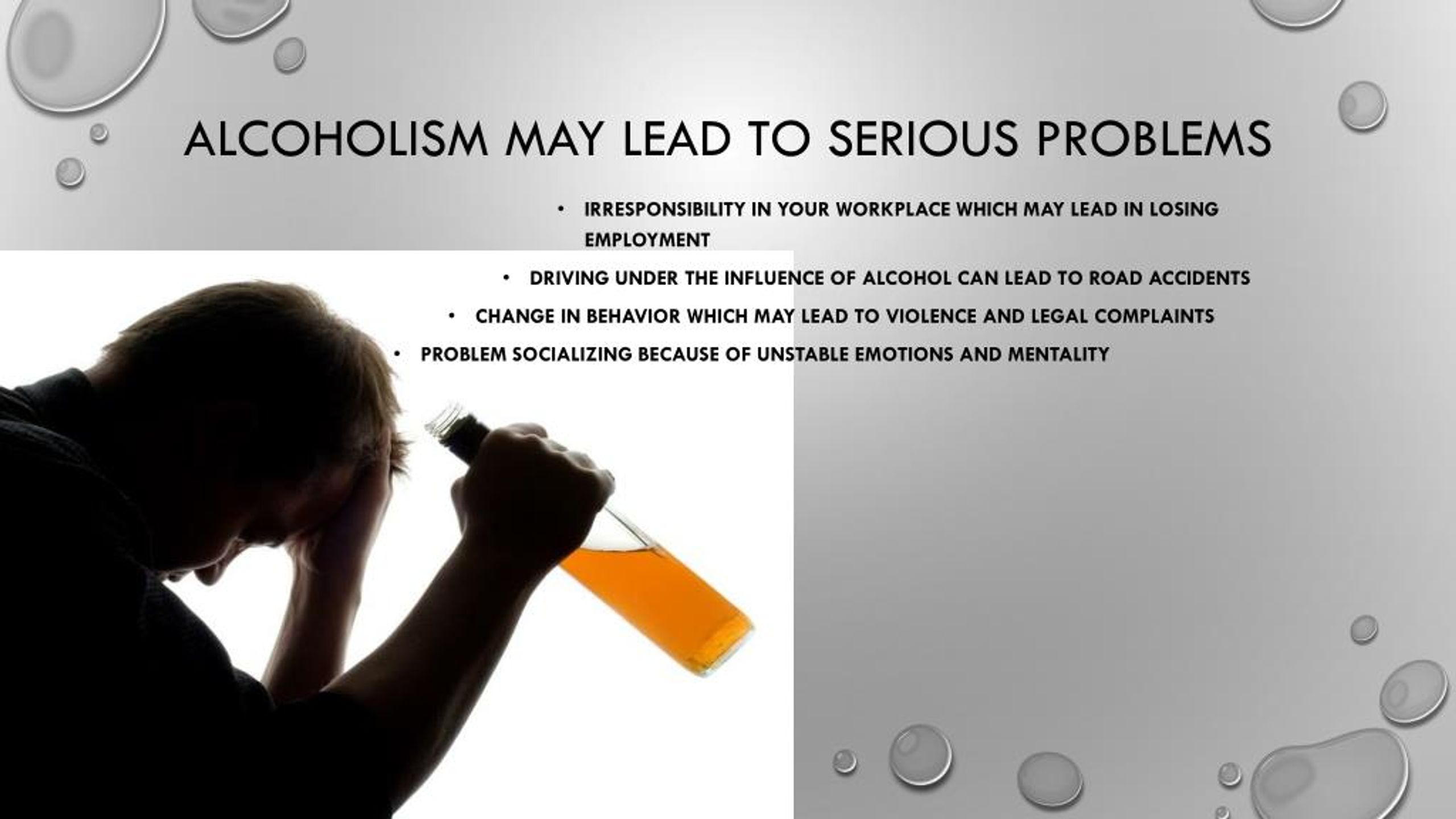 nine0004
nine0004
“Positive emotions from alcohol consumption may be partly related to the imagery used in advertising and the media,”
, the researchers emphasize.
Although the study did not establish a clear relationship between certain types of alcohol and specific emotions, it did show that there are correlations. The authors hope that the data obtained can be used in healthcare practice to rethink patterns of alcohol consumption and fight alcohol addiction. nine0004
Subscribe to Gazeta.Ru in News, Zen and Telegram.
To report a bug, select the text and press Ctrl+Enter
News
Zen
Telegram
Picture of the day
Military operation in Ukraine. Day 313 08:20
How much can you drink to drive in the morning
Narcologist Bolonkin calculated the rate of withdrawal of alcoholic beverages from the body
"Reserves of many rare earth metals are close to exhaustion": does humanity need a lunar base?
Astronomer Vladislav Shevchenko explained what minerals can be mined on the Moon
Named the probable cause of the Ukrainian military strike on Makiivka
The head of the EC called Zelensky, promised help and a meeting in the near future
Military Watch: Ukraine will not be able to use Patriot air defense systems until 2024
Seven people were injured and burned on board the plane in Alma-Ata due to turbulence
News and materials
A suspect in a series of thefts from churches and temples was detained in the Omsk region
Helicopter collision in Australia kills 4 and injures 13



